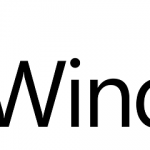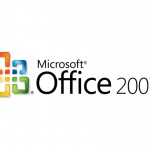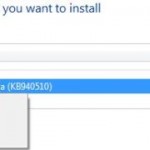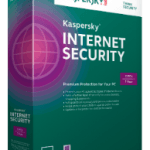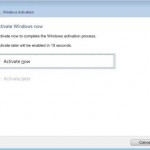Microsoft built and developed Windows Product Activation (WPA) anti-piracy technology and implemented the activation requirement on its Windows and Office series of products in order to address and reduce the problem and revenue loss due to illicit copying and unauthorized use of the software. But apparently, the anti-piracy champion is engaging in some kind of piracy act by infringing on two patents on software anti-piracy methods held by z4 Technologies.
According to AP (deal link), Microsoft was order to pay USD $140 million for the patents infringement in Windows XP and Office 2003 and earlier products, where $25 millions are for willful patent infringement by withholding evidence in the case. Another defendant, Autodesk has to pay $18 million to z4. The violated US patents – 6,044,471 (Method and apparatus for securing software to reduce unauthorized use) and 6,785,825 (Method for securing software to decrease software piracy) – describe technologies that attempt to secure software from non-genuine illegal usage using not one but two or more passwords or activation (authorization) codes, in which if users fail to provide or authorize or activate, the software may be disabled.
A jury in a Texas courtroom ruled that Microsoft’s Windows and Office products and Autodesk products using product activation feature infringed patents of z4 Technologies invented by David Colvin in April 2006, and Microsoft promised to remove any z4-infringing technologies from Windows Vista and Office 2007, and the district court chose not to slap an injunction on Windows XP or older versions of Office. And earlier November, U.S. Court of Appeals for the Federal Circuit, which considers all patent appeals, upheld the lower court’s decision in its entirety, which means Microsoft will have to pay for the damage to the patents holder, if they unable to overturn the decision in higher court.


